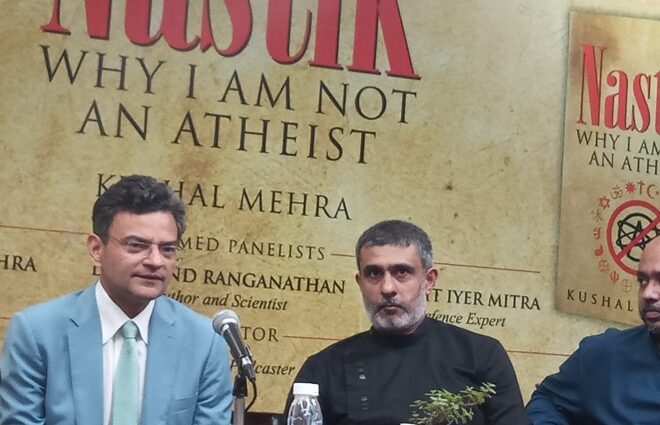TLI Staff
Rejecting the existence of a higher power, atheism in the West is characterised by a rich diversity of philosophical, scientific, and cultural perspectives. From ancient Greece to the Enlightenment and beyond, Western civilisation has witnessed the emergence of various types of atheism, each of which has contributed to the ongoing discussion regarding the nature of reality, ethics, and the human experience.
There is no consensus when it comes to the ideal classification of atheism. Stephen Le Drew, in his book The Evolution of Atheism: The Politics of a Modern Movement, says, ‘Atheism is a modern movement of thought and practice emerging from political turmoil and revolutions in various intellectual fields, and a form of belief—rather than a lack of belief—shaped by its socio-historical context.’1 Le Drew claims atheism is ‘inextricably bound up with a tradition of Enlightenment principles’ and bolsters his claim by using David Berman’s A History of Atheism in Britain and Michael J. Buckley’s twin volumes At the Origins of Modern Atheism and Denying and Disclosing
God: The Ambiguous Progress of Modern Atheism.2
Simon Glendinning, in his article ‘Three Cultures of Atheism: on Serious Doubts about the Existence of God’3 takes a very different approach as he divides Western atheism into three broad categories that he likes to call ‘religious theists, modern atheists, and (replacing the category of the more or less woolly-minded indifferent) a-theists’. As per Glendinning, the first category ‘comprises people who, for the most part, do not have any thoughts at all about God, positive or negative’. The second one comprises people who, while not full-blown atheists, would avow (if asked) that they do not believe in a God who hears our prayers. Some among them may (if asked) avow that they believe in Something, and may even call it ‘God,’ but this is not a religious theism: these people do not live a life that cleaves to religious creeds, and in particular they do not believe in a God able to hear our prayers.
He finds it hard to define the third category as the ‘a-theist’ category can ‘be thought to lie on a continuum of indifference between religious theism and atheism’, but should be classified differently.
Here are some reasons or ways that lead to atheism in the Western world: These categories are not absolute, and many of the qualities stated in one can be found in atheists in the other:
Scientific Exploration
Scientific atheism is based on the principles of scientific investigation and naturalism. It rejects supernatural explanations in favour of empirical evidence, observation, and the scientific method to explain the universe. Advocates of scientific atheism highlight the significance of reason and evidence-based reasoning in comprehending the natural world, challenging religious claims that lack empirical support.
(Excerpt from the book – Nastik Why I Am Not An Atheist by Kushal Mehra. Published with prior permission of publisher, BluOne Ink)

